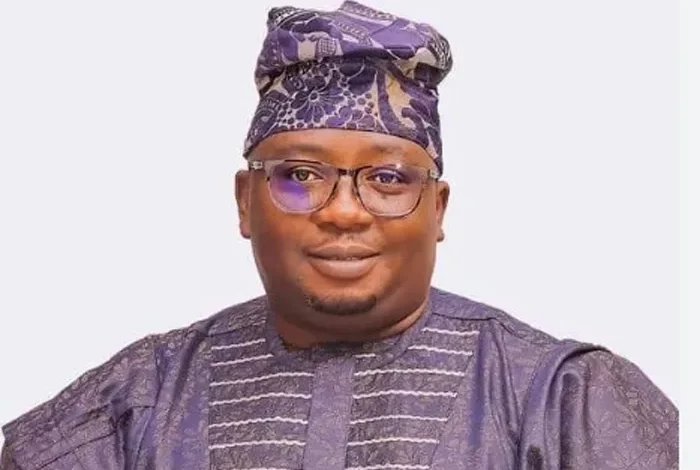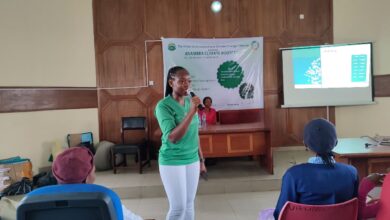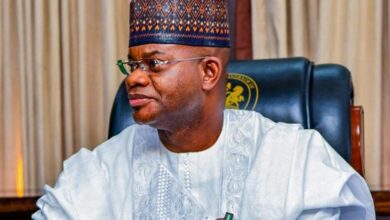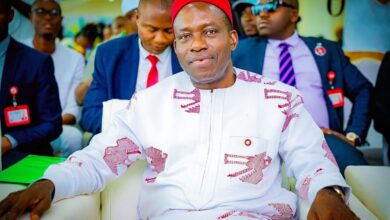FG Seeks Fresh $2bn Loan From China for Power Grid

Calls for sweeping electoral reform have intensified as political leaders, civil groups, and youth associations across Nigeria demand that the President’s power to appoint Independent National Electoral Commission (INEC) officials be scrapped.
The growing push for reform followed a consultative session organized by the House of Representatives Committee on Constitution Review in Abuja, where party leaders said credible elections cannot happen if INEC remains tied to the executive.
Inter-Party Advisory Council (IPAC) Chairman, Yusuf Dantalle, represented by his deputy, Dipo Olayokun, said Nigeria must break free from a system where election officials owe allegiance to those who appointed them.
He stressed that political parties and civic groups must take part in the process of selecting INEC officials to guarantee neutrality.
Dantalle proposed creating an Independent Appointment Committee (IAC), comprising representatives of all registered political parties, civil society groups, the National Judicial Council (NJC), and both chambers of the National Assembly.
The goal, he said, is to make every major stakeholder part of the appointment process.
IPAC also called for the abolition of State Independent Electoral Commissions (SIECs), suggesting that INEC should take over the conduct of all local government elections.
The council further proposed that seats vacated due to death or defection should be filled by the original winning party rather than through costly bye-elections.
Senate President Godswill Akpabio, represented by Senator Tahir Monguno, agreed that the Constitution must evolve with Nigeria’s changing realities.
He called for judicial reform, women’s inclusion, and local government autonomy, describing them as the “heartbeat of democracy.”
Deputy Speaker Benjamin Kalu also emphasized that credible elections and inclusive governance depend on institutional reforms that go beyond political interests.
Former Osun governor Rauf Aregbesola echoed similar sentiments, urging a total overhaul of the electoral system.
He argued that it is wrong for a President who benefits from elections to appoint the INEC chairman.
He proposed that political parties with at least five members in the National Assembly should nominate INEC leaders on an equal basis.
Peter Obi, Labour Party’s 2023 presidential candidate, also weighed in.
He warned that allowing candidates with forged credentials to contest elections would deepen Nigeria’s leadership crisis.
Obi urged INEC and security agencies to conduct strict background checks before the 2027 polls.
Civil society groups, including the National Muslim Youth Association (NMYA), supported the ongoing Electoral Reform Bill sponsored by former Senator Ikechukwu Obiorah.
The bill seeks to remove appointment powers from the President and governors, introducing instead an independent, professional selection process across Nigeria’s six geopolitical zones.
NMYA President Abdulrahman Aliyu said free and fair elections remain impossible when politicians who contest elections control the appointment of electoral officers.
He noted that while INEC’s technology like BVAS and the Result Viewing Portal (IReV)—was a step forward, integrity must come first.
Aliyu concluded, “The issue is not technology. The issue is the compromised institutions behind it.”
As debate continues, pressure mounts on the National Assembly to pass the reform bill, signaling a defining moment for Nigeria’s democracy ahead of the 2027 general elections
Post Views: 65




